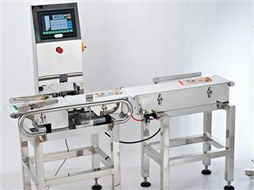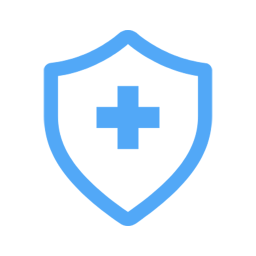
窃听设备 英文,Introduction to Eavesdropping Devices
时间:2024-10-04 来源:网络 人气:
Introduction to Eavesdropping Devices

Eavesdropping devices, also known as bugs or wiretaps, have been a topic of concern for individuals and organizations alike. These devices are designed to intercept and record conversations without the knowledge or consent of the participants. In this article, we will explore the types, uses, and implications of eavesdropping devices, as well as the legal and ethical considerations surrounding their use.
Types of Eavesdropping Devices

There are various types of eavesdropping devices available on the market, each with its own unique features and capabilities. Some of the most common types include:
- Wireless Microphones: These devices are small and can be easily concealed. They transmit audio signals to a receiver, allowing the user to listen in on conversations from a distance.
- RF (Radio Frequency) Bugs: RF bugs operate by transmitting audio signals over radio waves. They can be placed in a room or on a person and can be difficult to detect due to their small size.
- Covert Cameras: These devices are designed to capture audio and video without being noticed. They can be disguised as everyday objects, such as pens, watches, or even smoke detectors.
- Computer Keyloggers: These devices are installed on computers to record keystrokes, providing access to sensitive information such as passwords and credit card numbers.
- Smartphone Spyware: Spyware applications can be installed on smartphones to monitor calls, texts, and other activities without the user's knowledge.
Uses of Eavesdropping Devices
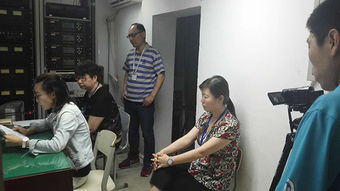
Eavesdropping devices have a variety of legitimate uses, such as:
- Law Enforcement: Law enforcement agencies may use eavesdropping devices to gather evidence in criminal investigations.
- Corporate Espionage: Companies may employ eavesdropping devices to monitor competitors or to protect trade secrets.
- Surveillance: Individuals may use eavesdropping devices to monitor the activities of a spouse or partner for suspected infidelity.
- Security: Eavesdropping devices can be used to detect and prevent unauthorized access to sensitive areas.
Legal and Ethical Considerations
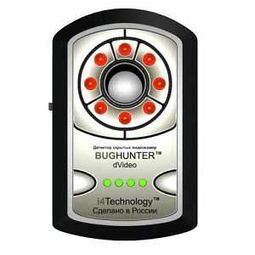
The use of eavesdropping devices is heavily regulated by law, and unauthorized use can lead to serious legal consequences. In many jurisdictions, it is illegal to use eavesdropping devices without the consent of all parties involved in the conversation. Here are some key legal and ethical considerations:
- Consent: It is crucial to obtain consent from all parties before using an eavesdropping device. Unauthorized use can result in criminal charges.
- Privacy: Eavesdropping devices can violate an individual's right to privacy. It is important to respect the privacy of others when considering the use of such devices.
- Surveillance Laws: Many countries have specific laws governing the use of surveillance equipment. These laws may require a warrant or other legal authorization for the use of eavesdropping devices.
- Professional Ethics: Professionals who use eavesdropping devices, such as private investigators or corporate security personnel, are bound by ethical standards that prohibit the use of such devices without proper authorization.
Prevention and Detection
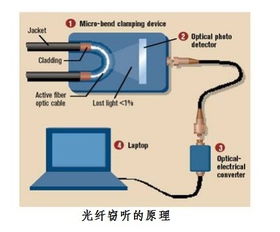
To protect against the use of eavesdropping devices, individuals and organizations can take several precautions:
- Physical Security: Keep sensitive areas secure and monitor for signs of tampering, such as loose wires or unusual devices.
- Technical Measures: Use encryption and secure communication channels to protect against interception.
- Professional Services: Employ the services of a professional to conduct a sweep for eavesdropping devices.
- Legal Action: If you suspect that you are being monitored without consent, consult with a legal professional to understand your rights and options.
Conclusion
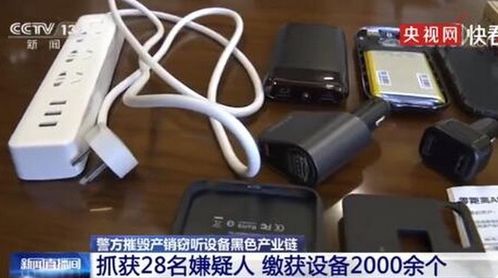
Eavesdropping devices are a complex and sensitive topic. While they have legitimate uses, their unauthorized use can have serious legal and ethical implications. It is important for individuals and organizations to be aware of the risks and to take appropriate measures to protect themselves against the misuse of these devices. By understanding the types, uses, and legal considerations of eavesdropping devices, we can better navigate the digital age and protect our privacy and security.
相关推荐
教程资讯
教程资讯排行


